9 Worst Foods For Your Teeth & Gums


Remember that old saying, “You are what you eat”? The same goes for your teeth. And although most people tend to think sugar is the only thing they really need to avoid if they don’t want to get cavities, sugary foods like candy isn’t the only thing with sugar in them.
You might actually be surprised to find hidden, natural sugars or cavity-causing particles in some of the everyday foods you love. Knowing the worst foods for teeth can help you lower your cavity risk.
What are the worst foods for teeth? It’s not just candy. Things like fermentable carbohydrates (simple carbs), natural sugars, highly acidic foods (pickles, lemons, etc.), and liquids including tea, coffee, soda/pop, fruit juice, sports drinks, and alcoholic beverages are some of the top tooth decay offenders.
Since carbs feed dental plaque, they create additional acids and sugar byproducts every time you eat them, thus adding fuel to the fire. Complex carbs such as whole grains make a great alternative.
9 Worst Foods For Your Teeth
What are some of the most common meal or snack choices that wind up being the worst foods for teeth? Here are the top 9 foods and drinks that contribute to tooth enamel damage, cavities, and tooth decay. Walk over to your kitchen pantry, fridge, or that hidden stash you keep out of sight from your roommate or kids, and look for things like:
1) Crackers, Chips, Pasta, Bread, Etc.
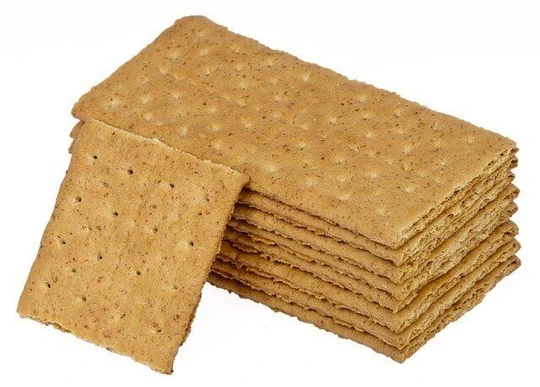
Foods rich in fermentable carbohydrates, such as starchy foods in packaged products, can multiply the number of plaque bacteria inside of your mouth. Think potato chips and gram crackers. When food particles get trapped in your teeth, they break down and produce sugary byproducts. Fermentable carbohydrates are like magnets for tooth decay, and they're even worse than the sugary foods you usually think of! Go for complex carbs like whole grains instead.
2) Soda, Juice, And Sports Drinks
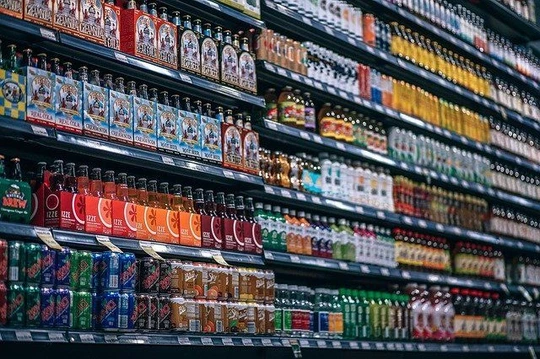
Natural and artificial sweeteners in liquid form are some of the worst cavity-causing foods you’ll ever come into contact with. Soft drinks, fruit juices, and energy drinks are worse on your teeth than candy! Soft drinks and energy drinks are acidic and contain crazy amounts of sugar! Keep sugary drinks to a minimum, your oral health and dentist will thank you!
3) Coffee And Tea

Do you add sweeteners or flavors to your coffee and tea? Then you’re upping the sugar content inside of them. Plus the liquids coat every surface of each tooth. On top of that, coffee and tea are acidic.
4) Candy
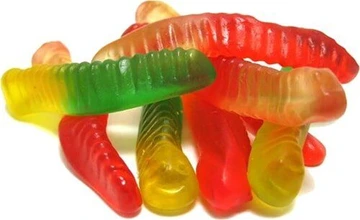
There is no surprise here, the high sugar content in candy sticks to your teeth and will cause them to decay. Stay away from sugary treats like gummy worms, hard candies, and jelly beans. Stick to healthy snacks like nuts, raw vegetables, and sugarless gum!
5) Dried Fruits And Gummy Vitamins
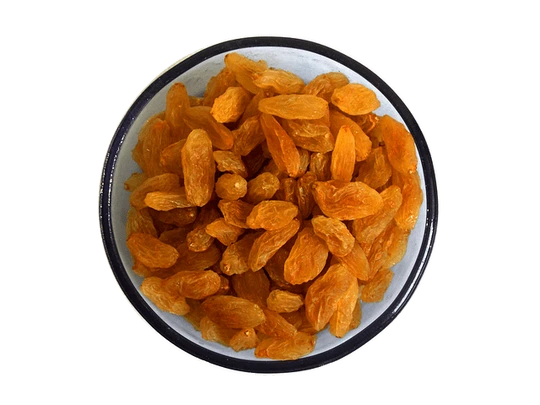
Why did we lump these two “healthy” things into the same category? Chewable vitamins and fruit are supposed to be good for you, but they’re also super sticky and get stuck to your teeth for hours on end (not good.)
6) Alcohol
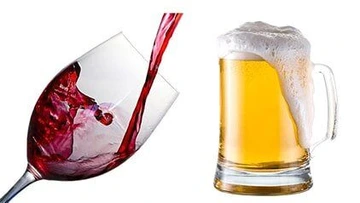
Whether it’s beer, wine, or cocktails, alcohol can seriously dry out your mouth and alter the pH around your teeth. Plus, most of us have a tendency to sip on our drinks for extended periods, lengthening the time that those liquids come into contact with our teeth.
7) Ice
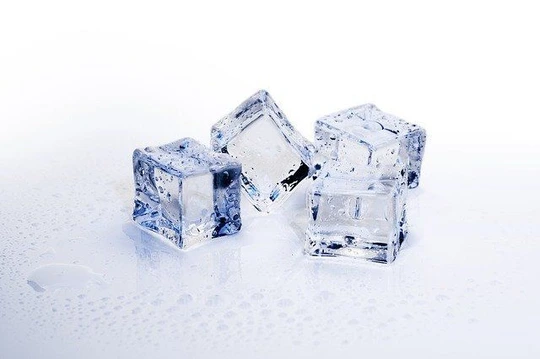
Chewing on ice does two things: exposes dental work to cold temperatures that may weaken their seal against your teeth (remember that whole contract and expand thing you learned in 6th grade?) and can potentially break teeth if you bite down on it.
8) Citrus
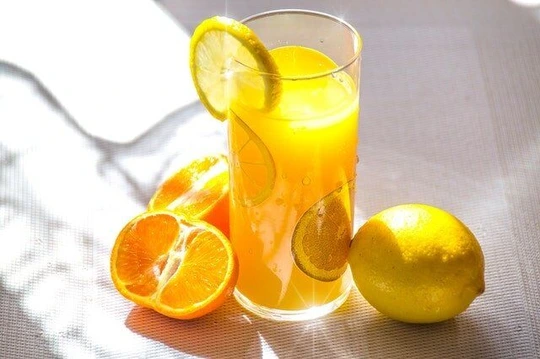
Lemon, lemon water, grapefruit…citrus fruits have extremely high acidic content, which is like coating your teeth in acid. Too many acidic foods, and your tooth enamel will start to thin out, weaken, and become sensitive.
9) Pickles
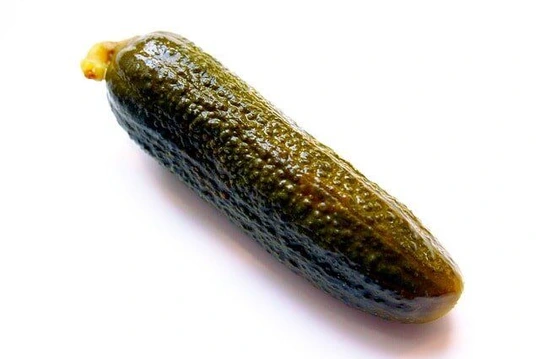
Here’s a new one. The acidic contents in pickles can actually erode tooth enamel (just like the above-mentioned citrus products.)
Why Sugar & Fermentable Carbs Are Bad
Any time you’ve got fermentable carbohydrates, the first thing they start to do once they break down in your mouth creates a natural sugar byproduct. These byproducts are super exciting for dental plaque, because the bacteria inside of your mouth feed on the carbs, their sugars, and then create additional byproducts inside of your mouth. Within just a few minutes of eating fermentable carbs (like crackers or drinking a beer) you can usually start to feel a thin, fuzzy coating starting to form throughout your mouth. Although you might not see it, you can tell that it’s there.
Is it possible to completely avoid fermentable carbs? Not really. But you can limit your exposure by choosing “healthier” snacks, complex carbs like whole-grain breads (instead of processed white bread) or limiting the number of times you snack on them during the day. Frequent rinsing with water or drinking your favorite beverage through a straw can also cut back on the contact time that these types of drinks or fermentable foods have on your teeth.
Worst Foods Recap
Candy isn’t the only food that has sugar in it. The worst foods for teeth may actually be what you’re eating on every day without even realizing it. Fermentable carbs found in crackers, adult beverages, and the sweeteners in soda or cough drops can all play a role in your dental health. When in doubt, rinse and drink water afterward, limit your contact time, and stick to a healthy diet with whole grains when possible. And of course, talk to your dentist or hygienist about your oral health and diet to pinpoint anything you might have accidentally missed!

Make your inbox smile!
Subscribe






